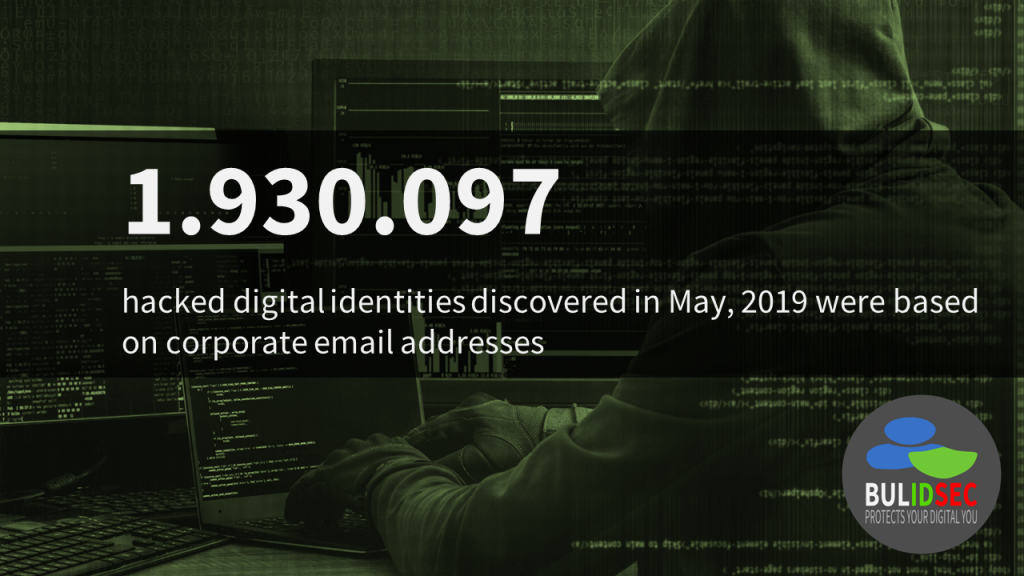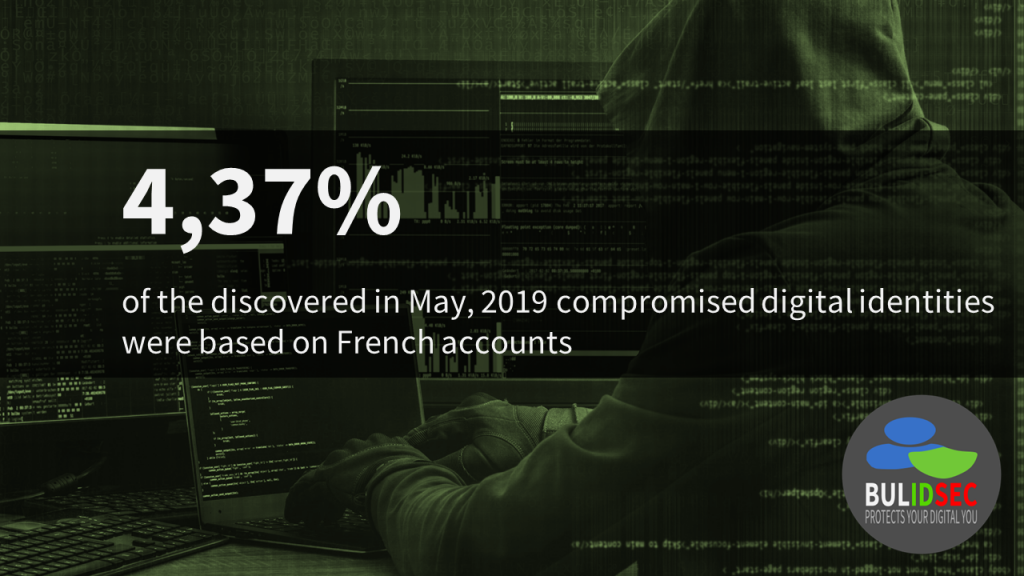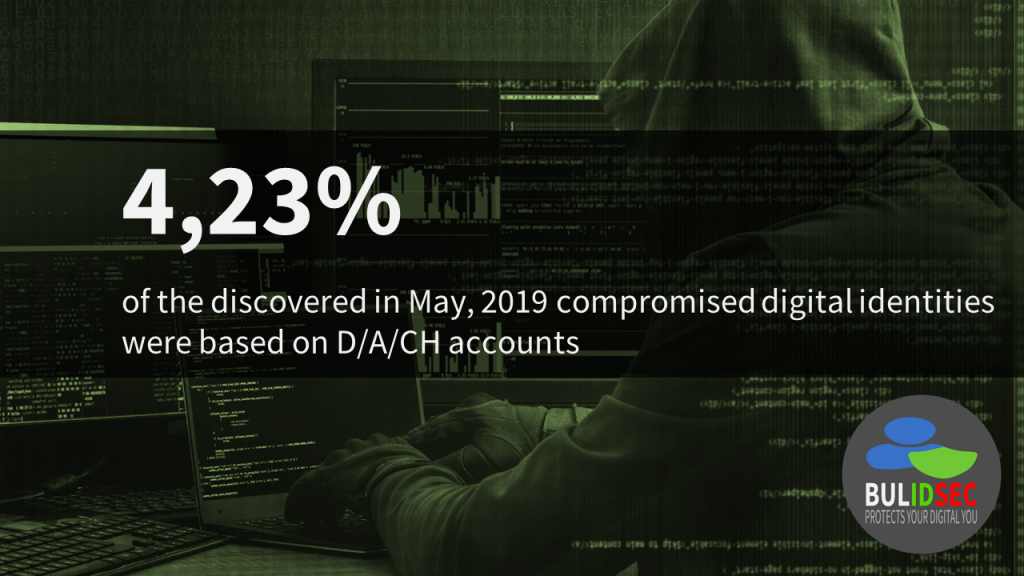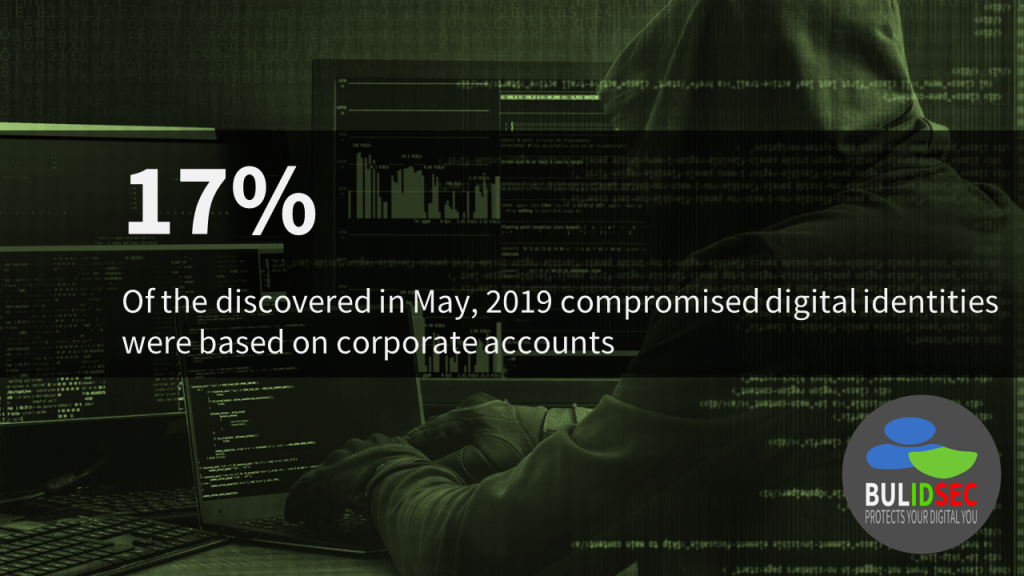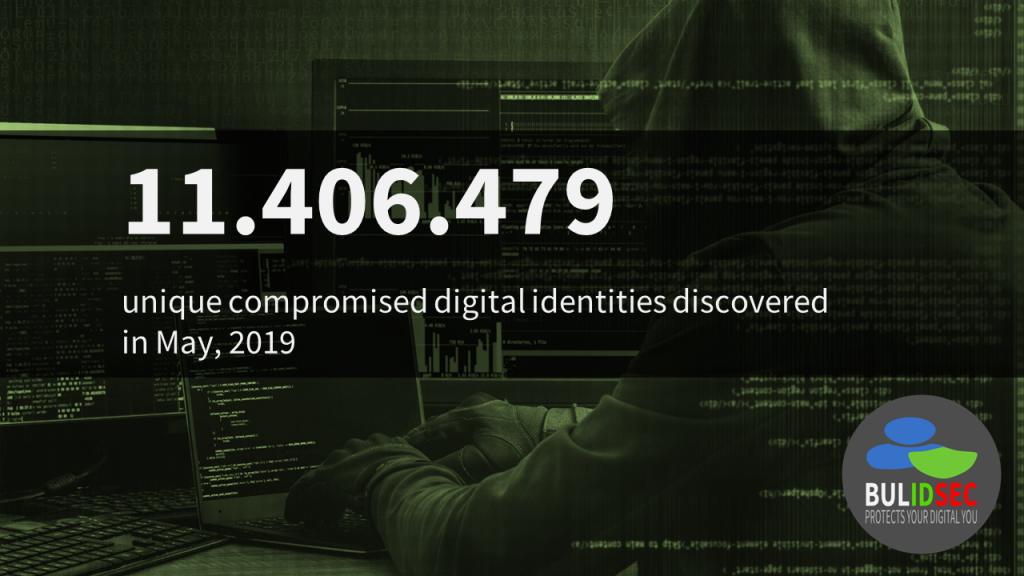In an age where our digital footprints are increasingly becoming a core part of our lives, the recent CityJerks data breach has once again reminded us of the critical importance of protecting our personal information. With millions of accounts compromised, the fallout from this breach serves as a wake-up call for both individuals and organizations to reassess their online security practices. In this blog post, we will delve into the details of the CityJerks data breach, explore the potential implications for affected users, and provide practical tips for safeguarding your online presence.
Understanding the CityJerks Data Breach:
The CityJerks data breach unfolded in early 2023, when the company discovered unauthorized access to their user database. Hackers managed to exploit a vulnerability in the system, gaining access to sensitive user information such as usernames, email addresses, passwords, and potentially even payment details. The scale of this breach is significant, affecting millions of CityJerks users and potentially putting their personal and financial information at risk.
The Implications for Affected Users:
For users whose accounts were compromised in the CityJerks data breach, the potential consequences can be far-reaching. Here are some of the risks they may face:
- Account Takeovers: With access to usernames and passwords, malicious actors can gain unauthorized control over user accounts. This could lead to identity theft, unauthorized purchases, or the manipulation of personal information.
- Phishing and Social Engineering Attacks: Armed with email addresses and other personal data, hackers may craft convincing phishing emails or engage in social engineering tactics to deceive users into sharing further sensitive information.
- Credential Stuffing Attacks: As users tend to reuse passwords across multiple platforms, hackers may try the stolen credentials on other websites, hoping to gain access to additional accounts.
Protecting Your Online Life:
While the CityJerks data breach underscores the vulnerability of our online accounts, there are proactive steps you can take to strengthen your digital defenses. Consider the following best practices:
- Enable Two-Factor Authentication (2FA): Implement 2FA whenever possible to add an extra layer of security. This typically involves a combination of a password and a temporary verification code, reducing the chances of unauthorized access.
- Use Unique, Strong Passwords: Avoid reusing passwords across multiple platforms and opt for complex combinations of letters, numbers, and symbols. Consider using a reputable password manager to securely store and generate passwords.
- Monitor Financial Statements: Regularly review your financial statements to detect any suspicious activity. Report any unauthorized transactions to your financial institution immediately.
- Stay Informed About Data Breaches: Subscribe to breach notification services and stay updated on the latest news about data breaches. This will help you take prompt action if your accounts are compromised.
- Regularly Update Software and Devices: Keep your operating system, antivirus software, and applications up to date. Software updates often include crucial security patches that address vulnerabilities.
Conclusion:
The CityJerks data breach serves as a stark reminder that our personal information is always at risk in the digital realm. By understanding the implications of such breaches and implementing robust security measures, we can better protect ourselves from falling victim to cybercriminals. Remember, safeguarding your online presence is an ongoing process that requires vigilance and a proactive approach. Stay informed, stay secure, and take control of your digital life.

